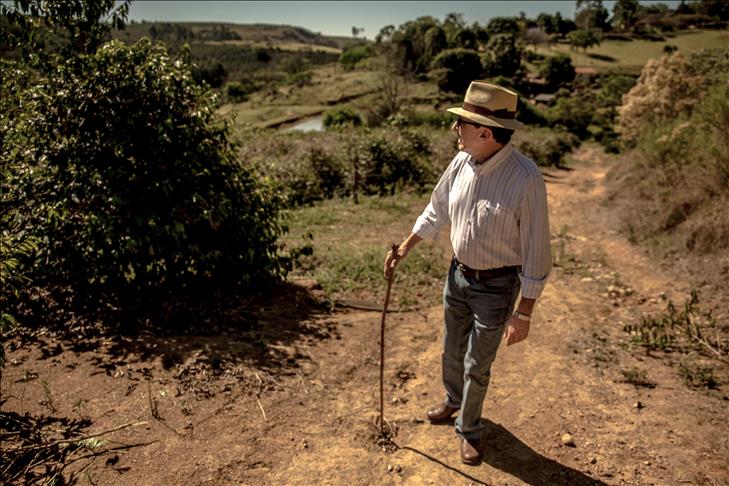
MANAGUA, Nicaragua
Former sugar cane plantation workers suffering from chronic kidney disease are demanding legislative reform and compensation in Nicaragua.
Between former workers suffering from the disease and widows of men who have died from renal failure, 120 people traveled more than 75 miles on foot to the capital to bring attention to their plight.
“There are 8,000 of us who are sick with chronic kidney disease, and we have already buried 10,000 people,” said Juan Bautista Rivas.
Bautista Rivas is the president of the Nicaraguan Association of Chronic Kidney Disease Patients and Friends. He and three of his nine children, including two in their early 20s, suffer from the condition.
It primarily affects populations in the Pacific lowlands of Central America, Sri Lanka and India. In Central America, the vast majority of chronic kidney patients are current and former sugar cane plantation workers and others in the sugar cane worker communities.
Specifically, the workers are disgnosed with CKDu, which means it is of an unknown origin. It differs from common chronic kidney disease in terms of risk factors, the parts of the kidney that are affected, and patients' ages, gender and geography.
While common chronic kidney disease generally affects older adults of all genders, CKDu primarily affects working age male agrarian workers in hot lowland climates.
Most researchers agree that dehydration plays a role and that exposure to toxins is likely involved, but the exact cause of CKDu is yet to be determined.
Bautista Rivas and many others suffering from CKDu in Nicaragua are convinced that their illness is linked to chemicals used by the agro-industry. They want answers, but they also want action.
“When we saw that no importance was being given to our problem, we decided to do the walk,” he said.
The group set out Dec. 1 from Chichigalpa, a municipality in the Chinandega department in northwestern Nicaragua. They arrived in Managua on Monday and are now pushing for a meeting with representatives from Nicaragua’s national legislative assembly to address the situation, by the end of the week.
They want labor legislative reforms that would compensate former sugar cane plantation workers suffering from the disease and the widows of workers who died from renal failure. They also demand that government officials declare a health emergency in Chichigalpa.
The group’s main demands are of government officials, but they also demand compensation from NicaraguaSugar Estates Ltd, the company that owns the plantations and mills where they worked.
Nicaragua Sugar is part of the Pellas Group, whose sugarcane operations include major ethanol production facilities and the well-known Flor de Caña rum. CEO Carlos Pellas is Nicaragua’s first billionaire, according to the Bloomberg Billionaire Index.
Santos Daniel Baldía Real labored at Nicaragua Sugar’s plantations in Chichigalpa from 1966 until 2000, when he was formally diagnosed with CKDu.
“No one has been helping us,” he said.
“It’s a slow death.”



